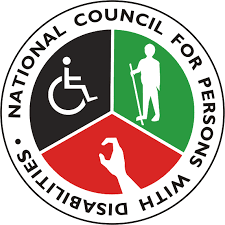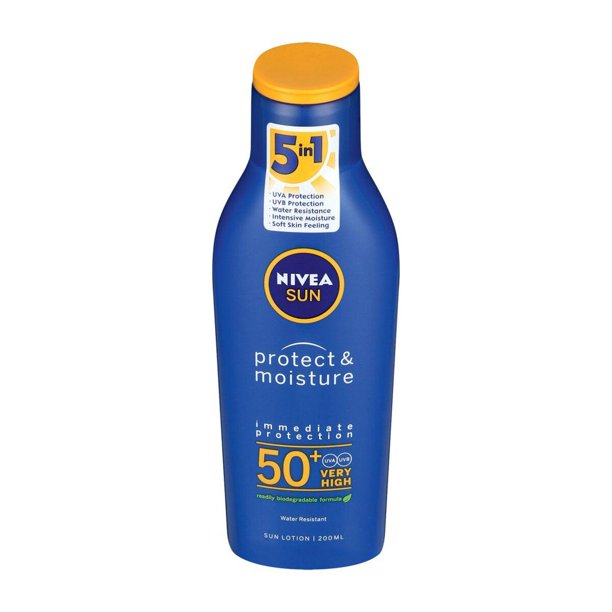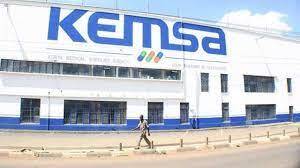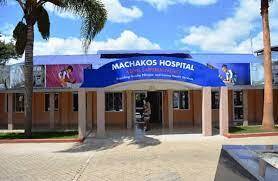The Albinism Sunscreen Support Program: A Lifeline for People with Albinism in Kenya.
Recent studies, such as those conducted by the World Health Organization, have highlighted the significant public health issue of skin cancer in Kenya, with an estimated 3,000 new cases diagnosed annually. High levels of ultraviolet radiation exposure in equatorial regions like Kenya increase the risk of developing skin cancer, particularly for people with albinism who are more vulnerable to UV radiation damage due to their lack of melanin. Limited access to preventive measures like sunscreen and protective clothing in rural or low-income areas further exacerbates the risk of skin cancer.

Fortunately, there is hope for people with albinism seeking protection from the sun in Kenya through the National Council for Persons with Disabilities' Albinism Sunscreen Support Program. The program provides free sunscreen to people with albinism in Kenya, who are particularly vulnerable to skin cancer due to their lack of melanin. Since its inception in 2015, the program has distributed over 100,000 tubes of sunscreen and has significantly reduced the incidence of skin cancer among people with albinism in Kenya.

How to be eligible for the sunscreen support program.
If you or someone you know has albinism, you can access the Albinism Sunscreen Support Program by registering as a person with a disability {NCPWD} with the National Council for Persons with Disabilities.
You will need the following to register.
- A medical assessment report that clearly diagnoses your disability. The report can be obtained at any level five hospital across the country. The medical report must also have the signature of the County health director of the county where the assessment was undertaken.
- A National identification card for applicants above 18 years, birth certificates for those under 18 years accompanied by identification cards of parents or guardians for the person with disability.
- And lastly a coloured photography of the applicant. With these documents, you shall be registered at any NCPWD County office. After registration, you shall be eligible to access the Albinism sunscreen support program.

The procurement of sunscreen is done through the Kenya Medical Supplies Authority (KEMSA), and the sunscreen is then dispatched to county hospitals in collaboration with the National Council for Persons with Disabilities (NCPWD) to ensure that it reaches level 5 and level 4 hospitals. This collaborative effort between KEMSA, NCPWD and County governments ensures that the sunscreen is readily available to persons with albinism across the country.
Here are the hospitals where you can find sunscreen in Kajiado, Kitui and Machakos counties.

In Kajiado County,Saitoti Rongai hospital in Kajiado North, Ereteti and Ngong hospitals in Kajiado West, Saitoti Kitengela hospital in Kajiado East, Kajiado Central referral hospital and in Kajiado South, you can get sunscreen at Loitoktok hospital.
In Kitui County, the referral hospitals that distribute sunscreen are Kitui, Mwingi, Migwani, Ikutha, and Kauwi referral hospitals,
In Machakos County sunscreen is provided at the level five hospital and level four hospitals in Kangundo, Kathiani, Mwala, Yatta, Kalama, Athi River, and Masinga referral hospitals.
In addition to providing sunscreen, the Albinism Sunscreen Support Program offers other important products to help protect people with albinism from the harmful effects of UV radiation.

These include after-sun lotion to soothe and moisturise sun-exposed skin, lip balm to prevent dryness and chapping, and protective wear such as wide-brimmed hats and long-sleeved shirts to provide additional coverage. These products are essential for people with albinism to stay safe and healthy.
In conclusion,
the Albinism Sunscreen Support Program by the National Council for Persons with Disabilities is a vital initiative that has helped to protect the skin health of people with albinism in Kenya. However, with only a limited number of hospitals providing sunscreen to PWAs, it is clear that more needs to be done to ensure that sunscreen is accessible to all who need it. It is also essential to continue educating the public on the dangers of skin cancer and the importance of protecting oneself from UV radiation, particularly for people with albinism who are at a higher risk of developing the disease. By working together to promote sun safety and expand access to sunscreen, we can ensure that people with albinism in Kenya have the tools they need to live healthy and fulfilling lives.